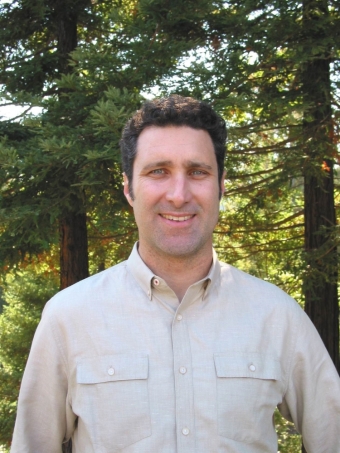
Date:
Location:
Title:
Abstract
This talk will highlight recent advances with in situ Transmission Electron Microscopy (TEM) nanomechanical testing techniques that provide insight into small-scale plasticity and the evolution of defect structures in structural alloys. In addition to measuring the strength of small-volumes, measuring the evolution of strain during plastic deformation is of great importance for correlating the defect structure with material properties. Here we demonstrate that strain mapping can be carried out during in-situ deformation in a TEM with the precision of a few nanometers without stopping the experiment. Our method of local strain mapping consists of recording large multidimensional data sets of nanodiffraction patterns using a new high-speed direct electron detector. This dataset can then be reconstructed to form a time-dependent local strain-map with sufficient resolution to measure the transient strains occurring around individual moving dislocations.
Bio
Andrew Minor can be reached at aminor@berkeley.edu. He received a B.A. in Economics and Mechanical Engineering from Yale University and his MS and Ph.D. in Materials Science and Engineering from the University of California, Berkeley. Currently, he is a Professor at U.C. Berkeley in the Department of Materials Science and Engineering and also holds a joint appointment at the Lawrence Berkeley National Laboratory where he is the Director of the National Center for Electron Microscopy in the Molecular Foundry. He has co-authored over 150 publications and presented over 100 invited talks on topics such as nanomechanics, lightweight alloy development, characterization of soft materials and in situ TEM technique development. His honors include the LBL Materials Science Division Outstanding Performance Award (2006 & 2010), the AIME Robert Lansing Hardy Award from TMS (2012) and the Burton Medal from the Microscopy Society of America (2015).
Hosted by Dan Gianola. Download event flyer.



